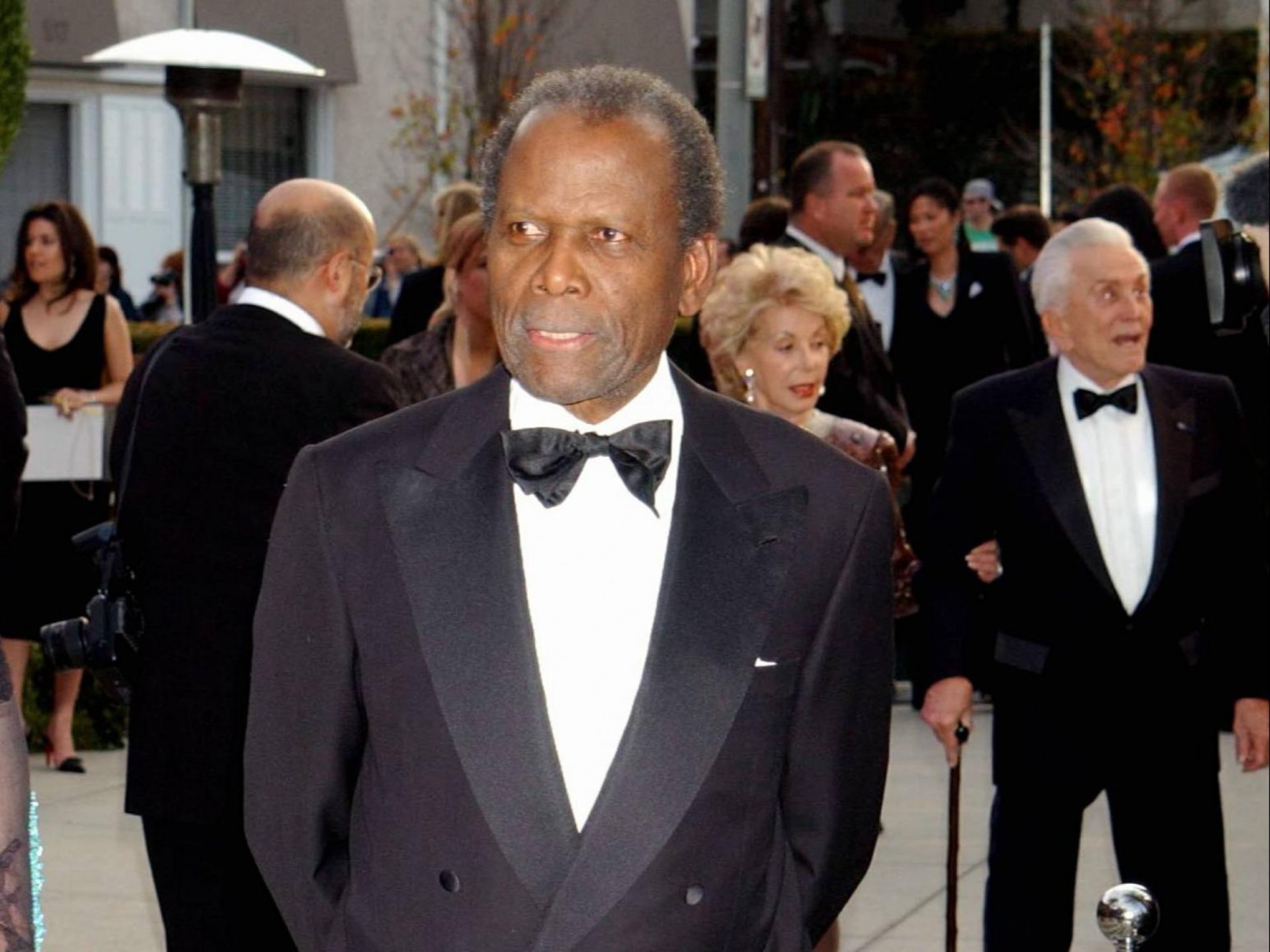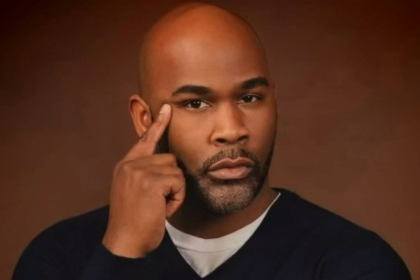
Actor Will Smith assaulted comedian, Chris Rock on stage of the worldwide live broadcasting of the Oscars, supposedly for a joke made about his wife, Jada Pinkett Smith.
Unsurprisingly, the Black community is divided about whether Smith’s actions were commendable, justifiable, or simply despicable. Both actors have a history of being fairly docile beings, so the move was certainly out of character for Smith, however, in light of Smith’s public history of other instances of what many deemed disrespectful to him and his family, Smith’s reaction was tears. It leads some to believe that the act against Chris Rock was committed because Smith knew that Chris Rock would not have reacted defensively. And he didn’t.
Personally, I think he deserves a medal for maintaining his professionalism and continuing to host the show as if the jarring event never happened. He declined to press charges and to date, there is no mention of a lawsuit against Smith or the Academy of Motion Picture Arts and Sciences (AMPAS).
Let’s look at the legal ramifications of Smith’s actions in detail.
- Smith committed an assault on Chris Rock when he charged the Oscar stage. Assault can be charged as a criminal offense or in a civil lawsuit. Assault occurs when one person intentionally puts another person in reasonable apprehension of an imminent harmful or offensive contact. It does not require that the actual contact be made, only the expectation that the harmful contact is coming. It is worth noting that although Chris declined to press charges, the District Attorney’s office is well within its rights to charge Smith on its own because crimes are considered acts against the state and not the individual victim.
- Smith also committed a battery against Chris Rock when he slapped him in the face. Battery can also be charged in a criminal or civil case and are defined slightly differently depending on the context. Criminal battery is a physical act resulting in harmful or offensive contact of another without that person’s consent, whereas civil battery is defined as the intentional causing of harmful or offensive contact to another, without that person’s consent. The difference in the wording speaks to the burden of proving the offense of battery in each context. In criminal battery cases, it must be shown beyond a reasonable doubt that a physical act occurred, and it was harmful or offensive and non-consensual. Whereas in a civil battery case, it must be shown by a preponderance of the evidence that the defendant acted intentionally in causing harm or offense. Under the criminal context, the intentionality is presumed based on the act, but the burden of proving its existence is much higher, whereas in the civil context, intent must be shown, with the burden of proof being much lower. This is why you see people will often lose in criminal cases and prevail in civil cases because the burden of proving the offense requires less of an evidentiary showing.
- Often times, you will see the offense of assault and battery together, because if you’ve committed the non-consensual and harmful or offensive act, a reasonable apprehension of impending harm was present as well. Arguably Chris was shocked and did not expect Smith to slap him when he charged the stage, but the law looks at the assault from an objective standpoint and asks whether a reasonable person in that circumstance would have an understanding that something was about to go down. It need not rise to the level of fear to be actionable, just some anxiety around the matter.
- The event itself was traumatizing for many, Chris Rock included, which gives rise to an additional civil claim for intentional infliction of emotional distress (IIED). IIED occurs when someone suffers severe emotional distress at the hands of another who intentionally or recklessly behaves in an extreme and outrageous way. I don’t think anyone would disagree that Smith’s actions were extreme or outrageous. He charges the stage of a worldwide televised live prestigious award event and attacks a man who told a joke that he seemingly thought was funny initially himself. Even if Smith was not laughing at the joke, his actions would still be just as outrageous, given that a violent response to a statement made in jest is objectionably extreme. The resulting emotional distress is evident – the embarrassment in that moment, the publicity surrounding the incident thereafter, any hits to his career, the list goes on – all of which is enough to cause severe emotional distress to anyone in that situation.
- Smith could also be held liable for negligent infliction of emotional distress (NIED) if a court found that his acts didn’t rise to the level of intentional, because he acted recklessly in causing severe emotional distress.
- Smith isn’t the only one in the wrong here. The AMPAS did NOTHING to come to Chris Rock’s aid when Smith initially stormed the stage or after he slapped Chris in the face. No one budged. No one escorted Smith from the premises. Police didn’t come to question him immediately. The show just went on as if nothing ever happened. The AMPAS was Chris Rock’s employer for the sake of hosting the Oscar’s and as his employer, it has certain responsibilities to its employees. Employees injured on the job are able to sue their employers for creating the situation in which the employee is harmed, either by direct liability or vicarious liability. Under vicarious liability, AMPAS can be held liable for all the acts that Smith committed and is liable for, simply for being the conduit for the behavior. Under direct liability, AMPAS is arguably liable for negligence since it failed to use reasonable care in acting within its duties and resulting harm occurred.
A seasoned attorney will throw any arguable claim at the court and let the judge and/or jury decide which will stick, but the charges and claims have to be brought to the proper forums first. Time will tell how this will all play out, but my sense is Smith acted irresponsibly, foolishly and recklessly, and should suffer the consequences of his senseless act.













